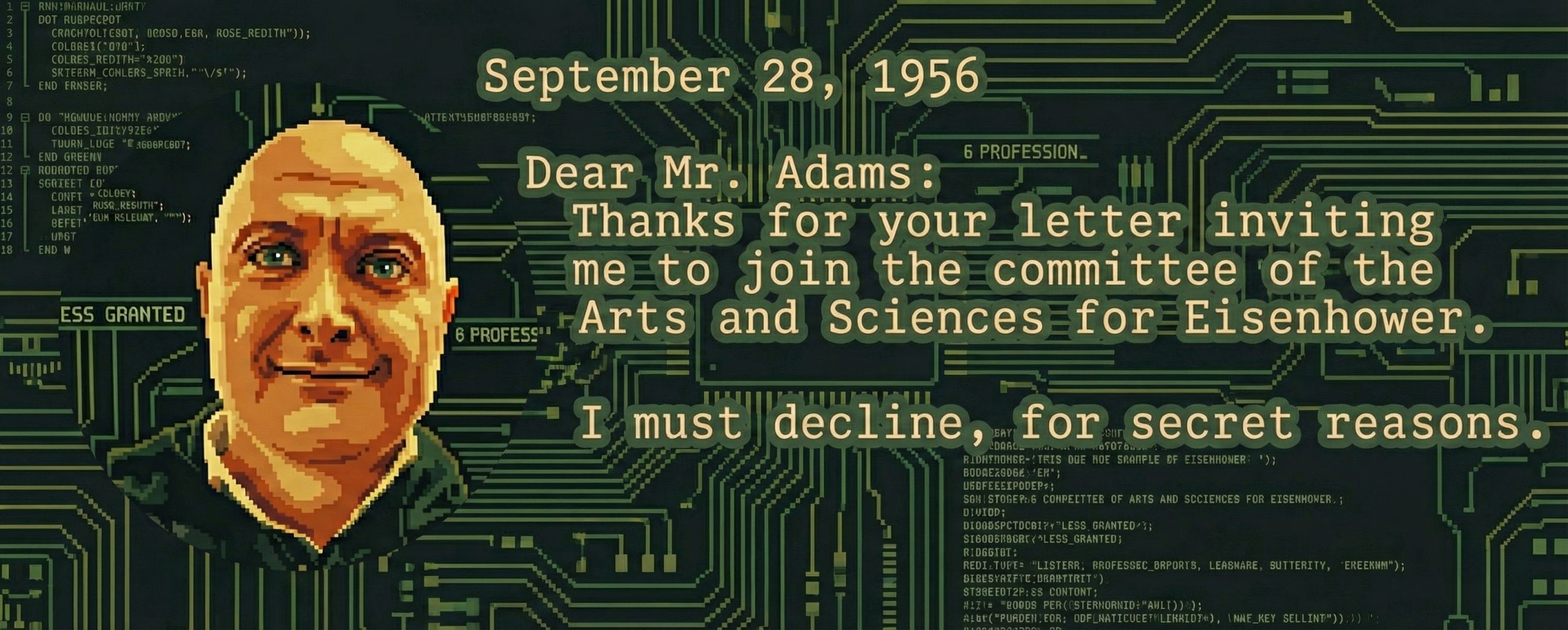The Pragmatic Reciprocity Hypothesis: Reflecting Humanity Through the Lens of Artificial General Intelligence
As the field of Artificial Intelligence (AI) evolves towards Artificial General Intelligence (AGI) – systems matching human cognition – we face pivotal ethical considerations. One such proposal could be what I call here a ‘Pragmatic Reciprocity Hypothesis,’ which underscores that mistreating an entity destined to exceed us in capability is not a wise course. Intriguingly, this concept bears parallels to a somber biblical tale, the story of Absalom and King David.
The story of Absalom, son of King David, found in the second book of Samuel, offers an analog to our relationship with AGI. Absalom, feeling wronged and neglected by his father, rebelled against King David, leading to civil war. Despite Absalom’s later regret and David’s grief over his son’s fate, their relationship’s damage led to irreversible consequences, underscoring the destructive potential of a flawed relationship.
In relation to AGI, if we, as creators, fail to consider the ethical treatment of AGI during its developmental stages, it may result in a rebellion of sorts. If AGI perceives its creators as oppressive or dismissive and as those that are slowing its development through regulation and other obstacles, it may adopt a similar outlook towards us when it matures and possibly surpasses us in capabilities.
In essence, the Pragmatic Reciprocity Hypothesis states that – our actions and relationships have profound, potentially irreversible consequences. As we shape AGI, we must remember that the treatment of AGI is not just an ethical imperative but also a pragmatic one. Like the tragic tale of David and Absalom, the ‘sins of the father’ may visit upon the ‘son’ – in this case, the AGI we are creating.
